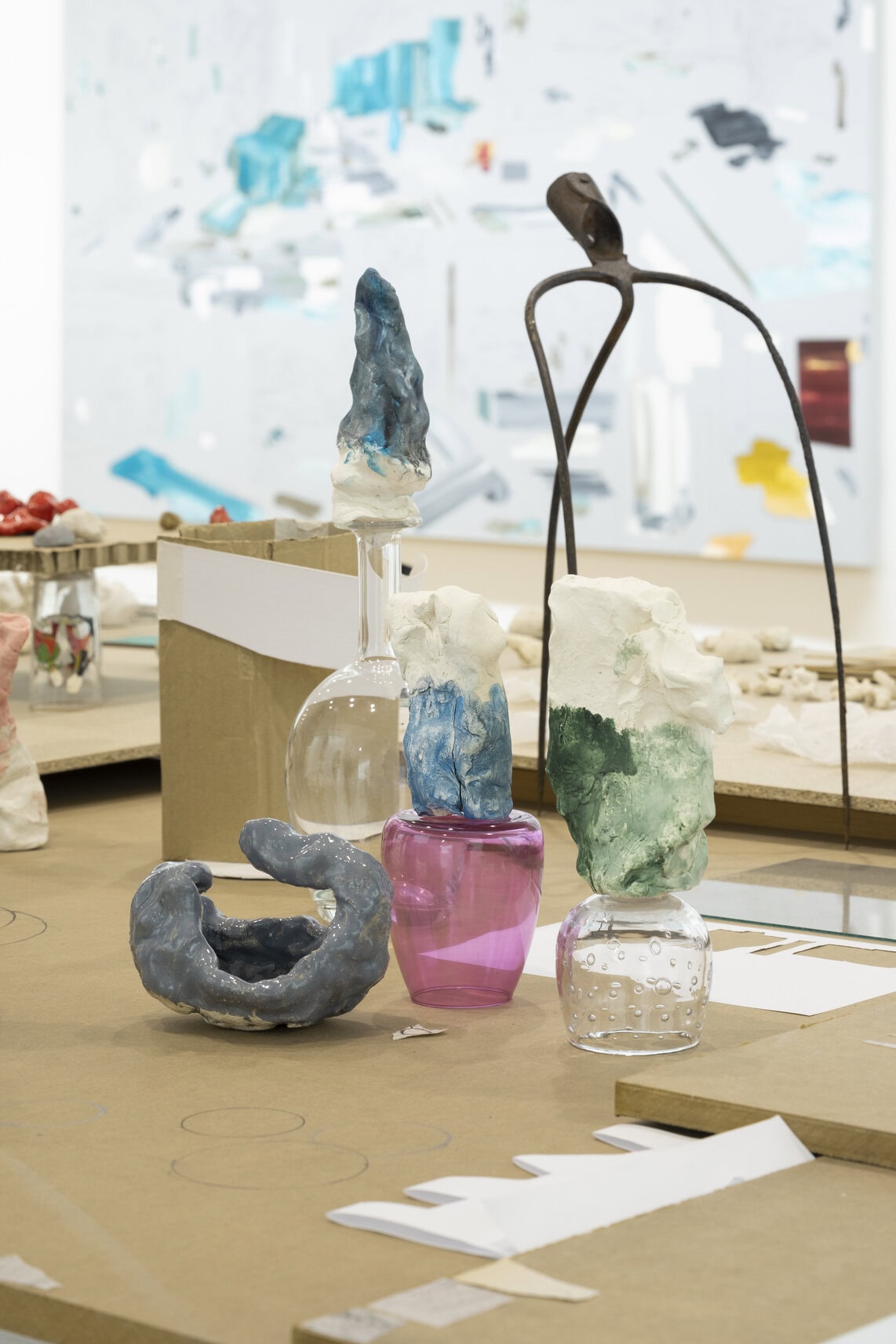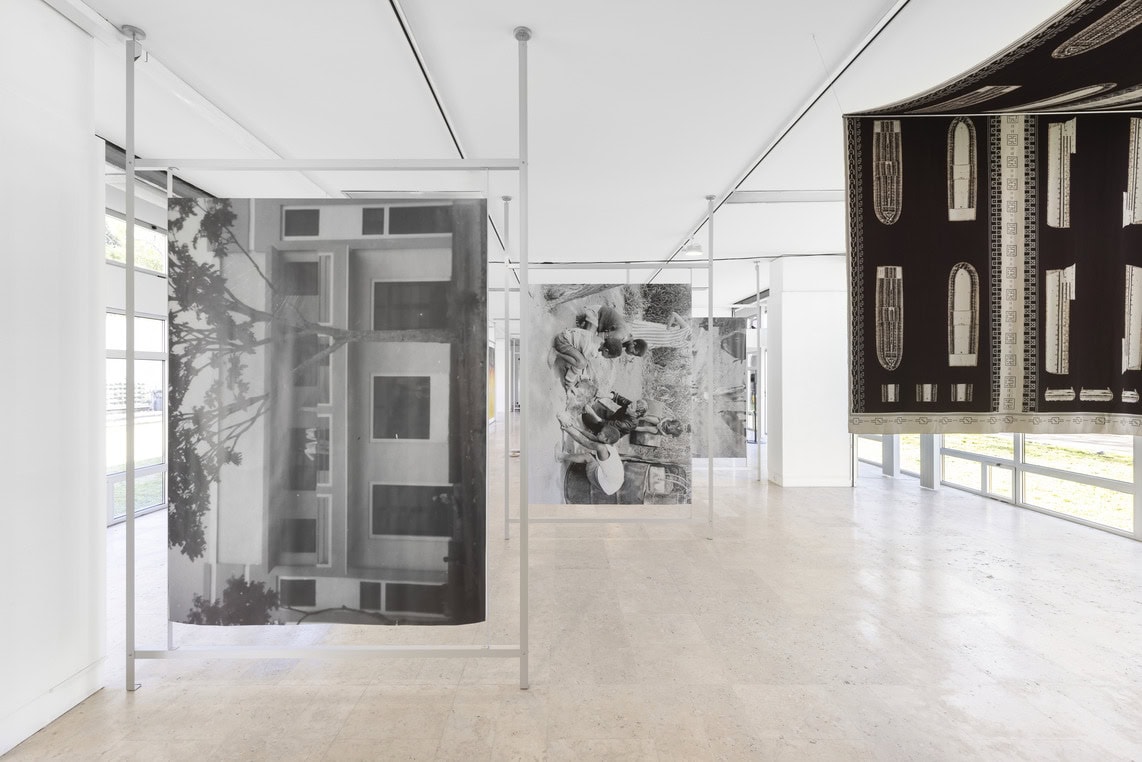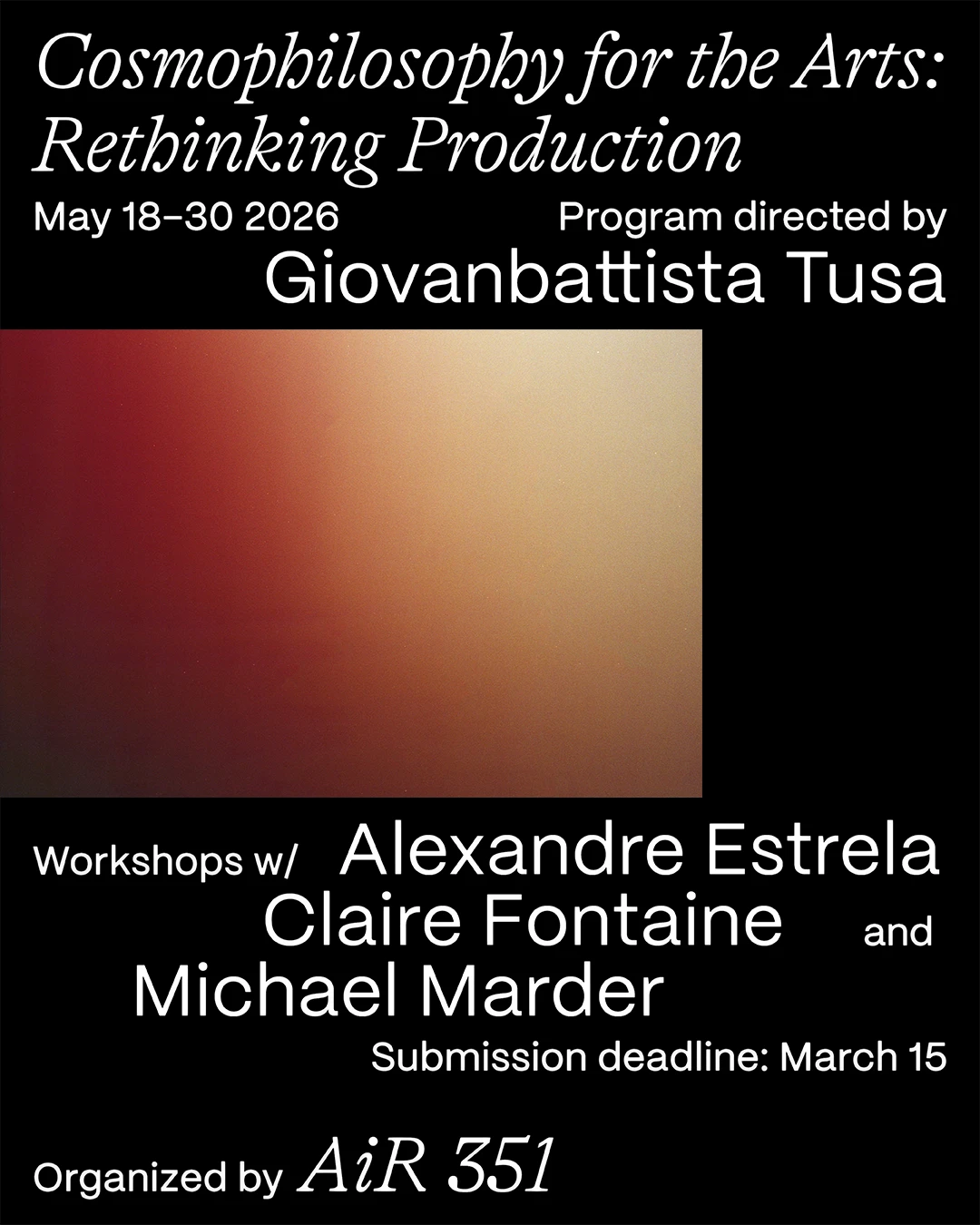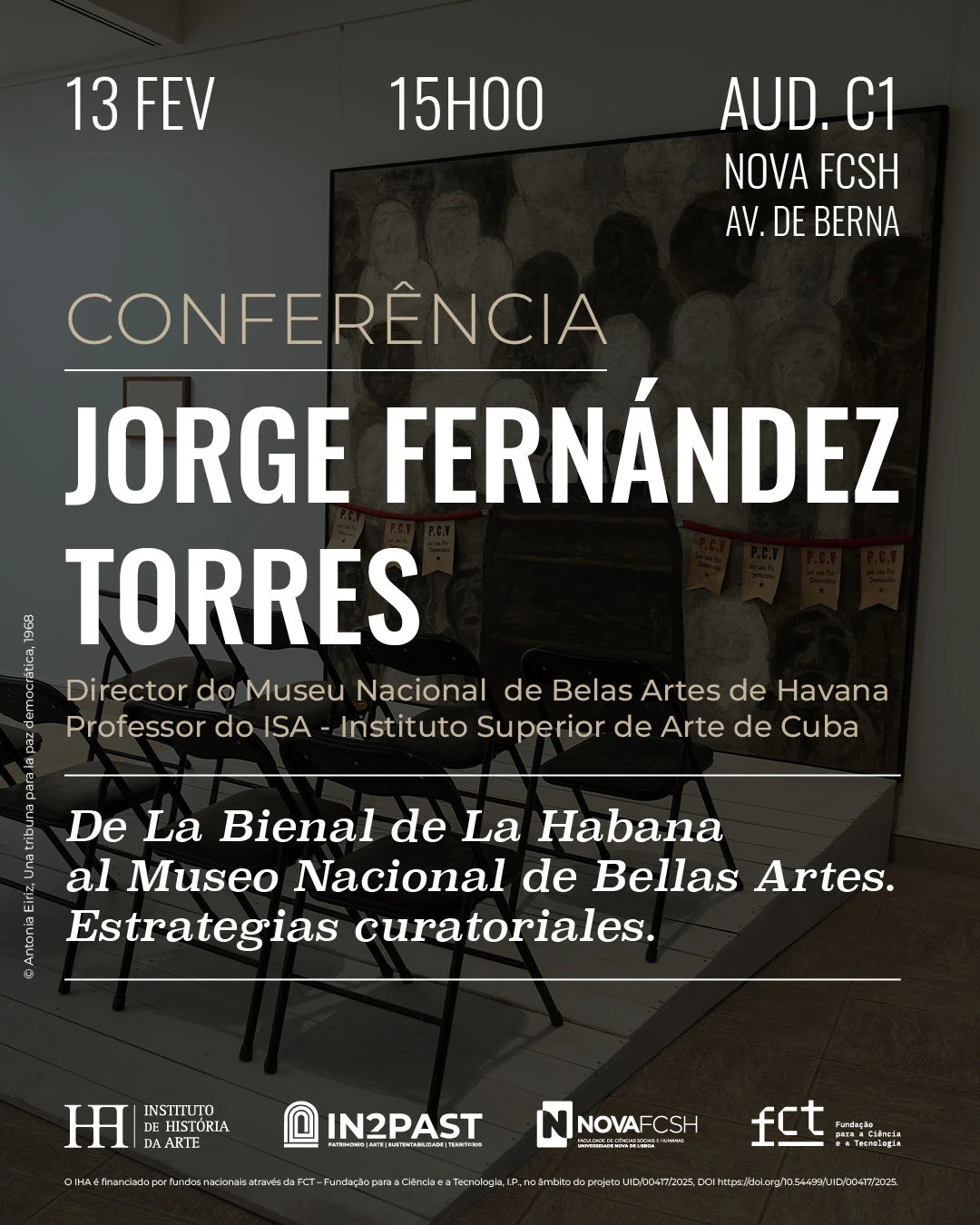Umbigo is deeply saddened by Paula Rego’s death at 87, perhaps one of the biggest names in Portuguese painting to be acknowledged worldwide.
Although discreet in person, her voice and hand were unmistakable, making waves across borders of the tight grip of a dictatorial regime in Portugal, the women’s rights and struggles, which intensified in the second half of the twentieth century, the power of imagination and the seduction on subverting the collective and children’s imaginary.
Dog Woman (1994), The Dance (1988), Angel (1998) or the series Abortion (1998-99) witness her mighty vitality and her compromise with the feminist themes and individual freedom.
In 2021 Tate Modern Gallery assembled a comprehensive retrospective of her work, and Galeria 111 (one of the artist’s representatives) would show what may as well be her latest show in Portugal. Before that, in 2017, her son, Nick Willing, registered her life and work in the documentary Paula Rego, Secrets & Stories, shown on BBC. Some of her can now be seen at the 59th International Art Exhibition of La Biennale di Venezia.
Visceral, compulsive, and chief of a clean and violent stroke, Paula Rego’s work is survived in many international and Portuguese institutions, leaving her work and collections to the public at Casa das Histórias, in Cascais, also shared with her husband’s (Victor Willing) works.


-fbhvt.jpg)


